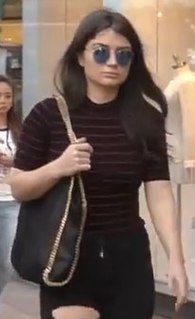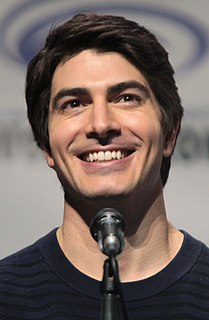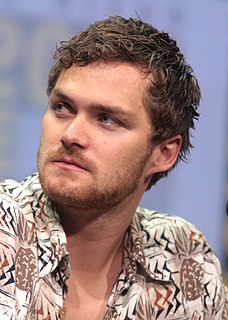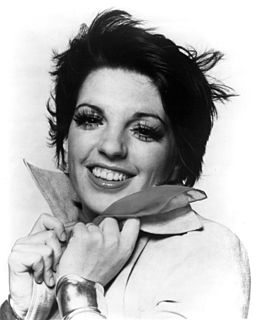A Quote by Samantha Hunt
Film maker Andi Olsen has a wonderful short film called Where the Smiling Ends. She waited at the Trevi Fountain in Rome and filmed the tourists only at the moment after their photos had been snapped, the moment their smiles dissolved. It's genius and heartbreaking. I think about her film when I explore the places the strips malls meet the wild world they are eating up.
Related Quotes
My tutor was a film director on the side, and she introduced me to film. She then put me in one of her short films, and it came out of that. That's when I fell in love with the process of making a film. After that, I was about 15 and I was like, "This is what I've gotta do." So, I started taking acting lessons, and then I applied to college to do acting. I got an agent, and it all just happened.
Well I'm Superman, just not action. I'm kind of looking for something with a lot less action and more talking and listening. I also have a film that's premiering Vegas Film Festival, short film, directed by Joel Kelly, it's called Denial and it's a story, short film, 35 mm short film and it's about a man's struggle to choose between the woman of his dreams and his reality, so it's definitely different than Superman. So I'm really proud of that.
Yes, I saw Twilight - my granddaughter made me watch it, she said it was the greatest vampire film ever. After the 'film' was over I wanted to smack her across her head with my shoe, but I do not want a (tell-all) book called Grannie Dearest written on me when I die. So instead I gave her a DVD of Murnau's 1922 masterpiece Nosferatu and told her, 'Now that's a vampire film!' And that goes for all of you! Watch Nosferatu instead!
Film is more than the twentieth-century art. It's another part of the twentieth-century mind. It's the world seen from inside. We've come to a certain point in the history of film. If a thing can be filmed, the film is implied in the thing itself. This is where we are. The twentieth century is on film. You have to ask yourself if there's anything about us more important than the fact that we're constantly on film, constantly watching ourselves.
It's easy to get caught up in a moment and think, 'Oh, I've been offered some giant studio film or a superhero franchise or some actor wants to meet with me about a project they want to do.' And it's easy to get caught up in a moment because it's flattering. But you can't do a movie because it's flattering.







































